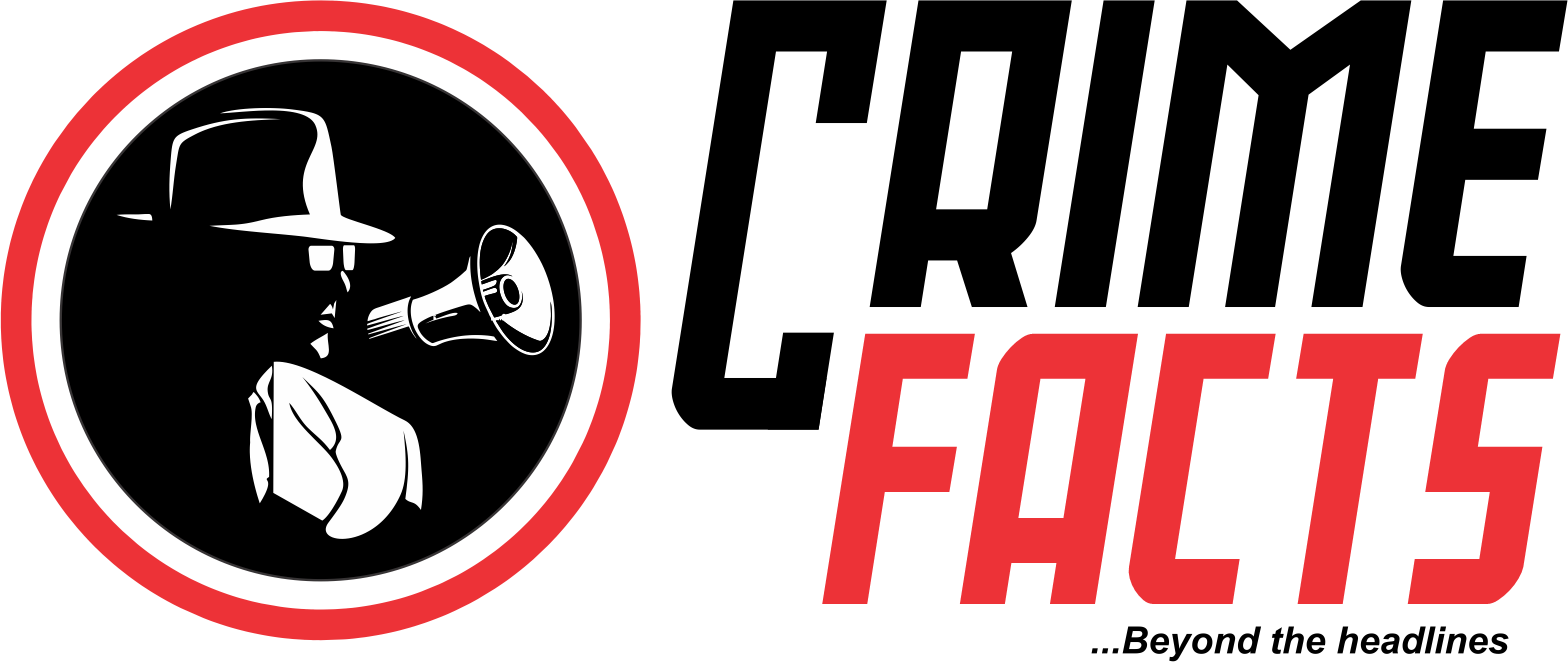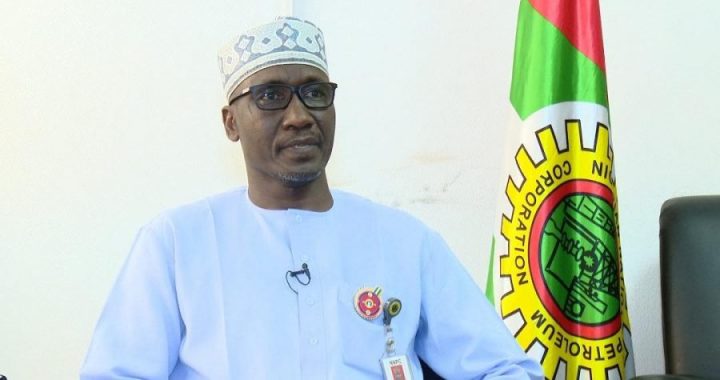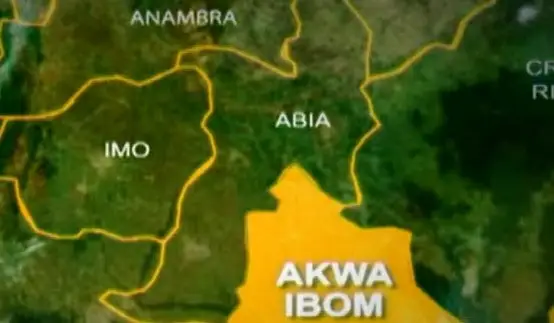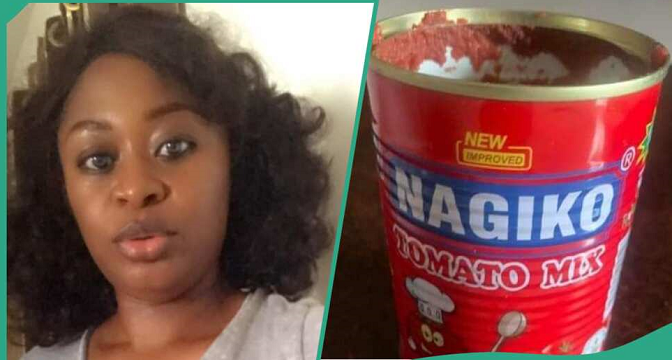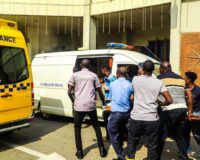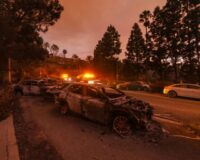Petrol shortage has persisted yesterday across the country, as Depots and Petroleum Products Marketers Association of Nigeria, DAPPMAN, continued to sell petrol at N215 per litre to marketers.
This is an excess of N67 per litre or 31 per cent when compared to N148 per litre being charged at the Nigerian National Petroleum Company Limited, NNPCL depots.
Independent marketers that patronise the private depots sell the product at over N220 per litre, while the major oil marketers sell at N170 per litre at their filling stations.
Checks by Vanguard showed that many filling stations across the country were shut and the ones with stock continued to sell the product to motorists and other parties at far over the official price, while the ones selling for below N200 had long queues.
In Abuja, fuel stations offering the product at the government price of N169 had queues, while the independent marketers, which were selling the product for between N220 and N300 had no queues.
In Abuja, fuel stations offering the product at the government price of N169 had queues, while the independent marketers, which were selling the product for between N220 and N300 had no queues.
Also Read
Petrol: NNPC slashes price for marketers to ease scarcity
Fuel scarcity: The Natives vows to work with NNPC, to expose saboteurs
Oil theft: We didn’t indict NNPC —Navy
In Lagos, the situation was almost the same, but the little difference being that most of the filling stations offering the product at government-regulated price did not have the product, while the ones selling for N220 also had queues.
In Lagos, black markets dotted the town, particularly in Festac Town, Maryland, Ikeja, Yaba and Mile 2 areas, as the operators charged between N300 and N400 per litre, depending on location.
Transportershike fares, commuters stranded
Checks by Vanguard showed that motorists continued to hike fares in local and inter-state routes nationwide.
Chairman, National Union of Road Transport Workers, NURTW, Kebbi Central Motor Park (Sabuwar Tasha), Birnin Kebbi, Alhaji Garba Dan-Malam, who confirmed the development, said: “As leaders, we keep advising our members to be patient; that things will be better. This is because we have hope in the current administration. As motorists, we are not only concerned with the high cost of fuel but also the high costs of vehicle spare parts.
“A typical example is just last year, we used to buy a tyre from N27,000 to N28,500 but now it goes for between N59,000 and N61,000. However, those travelling outside the country will bear witness that the current inflation is not restricted to Nigeria. It is a global trend that engulfed economies across the globe.”
The situation is worst in Lagos, where transporters have hiked fares by more than 100 per cent. At major bus terminals, commuters wait for non-available buses, while the bus drivers blame fuel shortage for the number of the few buses available, however, noting that many of the drivers are in queues at petrol stations.
Another driver explained that the few ones, who got their fuel from the black market had no option but to increase fares so as to recoup their money.
The Eastern part of the country is not left out, as motorists have increased fares, blaming the development on high petrol prices by marketers.
NMDPRA not monitoring compliance
Checks by Vanguard, yesterday, showed that officials of the Nigerian Midstream and Downstream Petroleum Regulatory Authority, NMDPRA, were not visible to monitor and enforce compliance despite the prevalence of many irregularities, including product diversion and arbitrary pricing nationwide.
Chief Executive Officer, NMDPRA, Farouk Ahmed, did not respond when Vanguard called repeatedly for his reaction yesterday, to the development.
Meanwhile, NMDPRA on its website, yesterday, said: “The agency encompasses a merger of three defunct regulatory agencies: Petroleum Products Pricing Regulatory Agency, PPPRA, Petroleum Equalization Fund (Management) Board, PEFMB, the Midstream and Downstream Divisions of the Department of Petroleum Resources, DPR. This birth has ushered in a new dawn for establishing a progressive regulatory framework that encourages investment and full optimisation of the midstream and downstream sectors of the petroleum industry in Nigeria. The authority is responsible for the regulation of the midstream and downstream petroleum operations in Nigeria, which includes technical, operational and commercial activities.”
NNPC, IPMAN response
Meanwhile, NNPCL and independent petroleum marketers have concluded plans to ensure the lifting of petrol in Lagos, Port Harcourt, Calabar and Oghara, (Delta State) in January 2023 as part of measures to end Nigeria’s prolonged petrol shortage.
Vanguard gathered weekend that the decision was taken at meetings between the NNPCL and the independent marketers. They are expected to take the product to other parts of the nation to enhance distribution.
It showed that the decision was a response to the Independent Petroleum Marketers Association of Nigeria, IPMAN, whose members had complained about discrimination in the distribution process.
National Controller Operations, IPMAN, Mike Osatuyi, who confirmed the development in an interview with Vanguard, yesterday, said: “It is true that the NNPCL has agreed to supply the product directly to our members in Lagos, Port Harcourt, Calabar and Ogara. We are happy about it and will do our best to enhance distribution nationwide from January 2023.”
